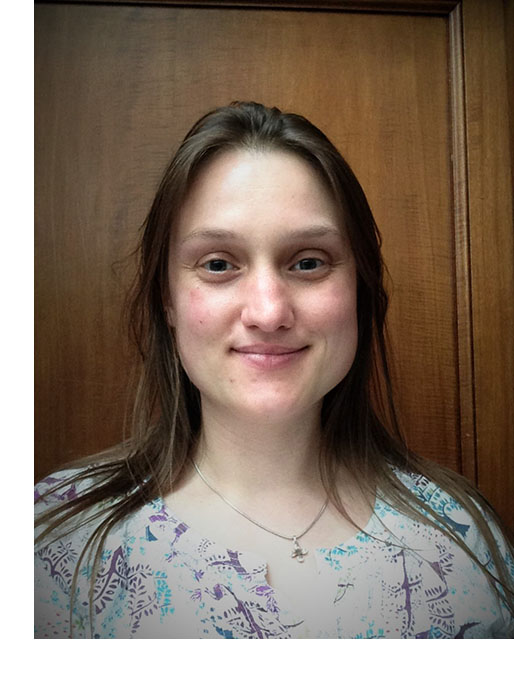

Funding for Maintenance and Conference Fees as an EU Student
I was fortunate enough to be offered a PhD through the Collaborative Doctorial Award AHRC scheme between UCL and the British Museum. The award came with funding but as I am from Denmark and just moved to the UK, I was only eligible for some of the funding, including fees and some travel costs. However, I had to cover all living costs myself.
I knew that as soon as I moved from Denmark to the UK, a lot of Danish foundations would no longer accept my applications, and once I started I would be cut off from these sources.
I successfully raised £5,000 from two different foundations. I was specifically looking for academic charities as, for these, it was easier to justify why I had to move to another country to pursue my PhD given the international context of my discipline. These two foundations were: Augustinus Fonden and Det Danske Institut i Damaskus. They are both research foundations, which do not exclusively fund Danes but most of the application process is in Danish which naturally narrows the range of potential applicants.
After I moved I started looking for suitable UK trusts and foundations to continue my fundraising. My first successful UK application was a small one to cover a conference fee. It came from The London Centre for the Ancient Near East, but I was very pleased that I had broken through to a UK trust.
My university offered a course in fundraising, and I was introduced to the Alternative Guide as well as ‘does and don'ts’ in fundraising in the UK. This was massively helpful as the process and expectations regarding fundraising in the UK is very different from in Denmark to the UK. For example, in Denmark you always apply for the absolute maximum that you can justify from your budget, as if you only apply for smaller sums you are seen as unambitious and will most likely be rejected. In the UK, this isn't the case and I had to think about a different type of argument and presentation, focussing on building a realistic budget and including lists of other relevant trusts and foundations alongside it. One good thing about many UK trusts is that you can reapply for the next academic year in the same degree and that if you get support in one year your chances of repeat future funding are higher. In the Alternative Guide training session we also talked a lot about the differences between types of charities- strictly academic ones and also general ones for people (whether students or not) in financial need.
The Alternative Guide helped me broaden my search as well as improve my applications but also to focus on the things in my past which make me particularly eligible to apply to specific trusts. For example, I have targeted my applications to trusts that either prefer Danes, or people with a background in sales and trading, because I worked for 8 years in sales while studying in Denmark. Since then I have received further funding from two UK trusts: The Anglo-Danish Society and The Sir Richard Stapley Educational Trust, for a further £3200.
I am far from finished fundraising as I will need to fill a deficit for my third and potentially fourth year but now I know where to start and feel more on top of the process then I did 6 months ago. I already have a further list for potential trusts and foundations ready to go.